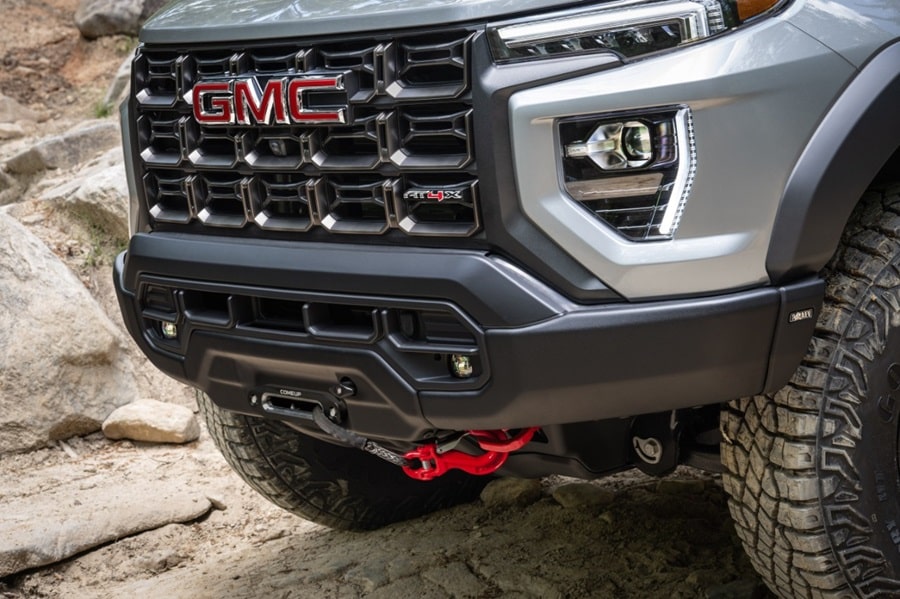Buying a used car can be an exciting and intimidating process. There are many things to consider before buying a used vehicle, from who you buy it from, what the quality of the vehicle is like, how much money you have to spend on your next car, and if it will suit your needs. This blog post will cover all these topics in-depth so that you know exactly what every step entails when purchasing a pre-owned vehicle.
Contents
Do Your Research

The first step of buying a used car is doing your research. What type of car do you want? What are the available models, and what are their prices? How much money can you afford to spend on a car each month? These are all critical questions that need answers before you start looking at cars. Once you have an idea of what type of car you want, research the make and model online. Look for reviews from both experts and everyday drivers. This will give you an idea of whether or not this is the right car for you and if it’s worth the price tag.
Check The Vehicle History

If purchasing a used vehicle from a dealership, be sure to check its history report. This document will show any accidents or damages the car has had and previous owners. This is important because it can help you decide whether it is worth buying. If it has been in a significant accident, it may be cheaper to buy a new car than repair it.
If you’re purchasing a used vehicle from an individual rather than a dealership, be sure to get a vehicle history report online. This will show you all the same information as if you were getting it from the dealership. It’s essential to do this before purchasing any used vehicle so that you know exactly what you’re getting into.
Compare Prices

Once you’ve decided on the car you want and have done your research, it’s time to start comparing prices. This can be done online or by visiting different dealerships in your area. Be sure to compare the price of the car itself and any additional costs, such as taxes, licensing fees, and insurance rates. It’s important to remember that not all dealerships are created equal. Some may be willing to negotiate a lower price on the car, while others will not budge from their initial asking price.
You should consider the price of a new car and any used vehicles available in your area. This will help determine whether or not buying a pre-owned vehicle will save you money. If you have enough cash for a down payment and monthly payments, then purchasing a new car may end up being cheaper than having to pay full retail value for an older model with more damage on it.
Check For Recalls

Check for recalls on the used car you want to buy. You can do this by looking up your vehicle registration number online or calling the manufacturer directly, depending on which type of pre-owned vehicle it is that you’re interested in purchasing. If there are any open recalls on a used vehicle, avoid buying it altogether, as these problems will most likely resurface once you own the car and drive it regularly again. Also, be sure to check if there have been any previous accidents with this car model because they may require expensive repairs down the line due to their size/weight/etc., even if nothing has occurred yet.
Get A Trusted Mechanic To Inspect It

Once you’ve got the history report and know exactly what type of car you want, it’s time to take it in for a full inspection. This is where having a trusted mechanic comes into play because they will inspect every aspect of your car before purchase. If there are damages or signs that something may be wrong with the vehicle (such as an oil leak), this can give you bargaining power to negotiate the price down from its original value.
If purchasing a used vehicle from someone other than a dealership, be sure to get another opinion on their assessment of the car. A regular person won’t have any experience inspecting vehicles like your mechanic do so they should not be considered as reliable as an expert such as your mechanic.
Test Drive It Yourself

Before purchasing any used car, you should test drive it yourself. This will help you get a feel for the car and see if it’s comfortable to drive. You can also make sure that the car is running smoothly and if there are any damages to the exterior or interior of your vehicle before deciding whether or not to buy it. You should also be aware of any smells inside the cabin and how comfortable it will be for several hours at a time driving on highways/back roads etc., depending on where you plan to do most of your driving with this vehicle.
Be sure that you take a test drive in whatever type of pre-owned vehicle interests you first. Doing so will help ensure that everything runs correctly and let you know exactly what condition it’s in inside and outside before investing.
What Makes A Good Or Bad Used Car?

There are a few things to look out for when trying to determine if a used car is a good deal or not. A reliable car will have lower mileage, be less than five years old, and have had all its recalls taken care of. It’s also crucial that the car has been properly maintained and doesn’t have any exterior damage from previous accidents.
On the other hand, some telltale signs show a used car may not be worth your investment. Cars with high mileage, those over five years old, or those with lots of exterior damage should generally be avoided as they will likely require expensive repairs shortly. Be sure to research what these damages may cost before making your final decision.
Conclusion
Buying a pre-owned vehicle is a great way to save money on your transportation costs, but only if you’re smart about it! When buying a used car, it’s essential to be aware of the potential problems that could occur in the future. By following these tips, you can minimize your chances of encountering any costly repairs or issues down the line.


